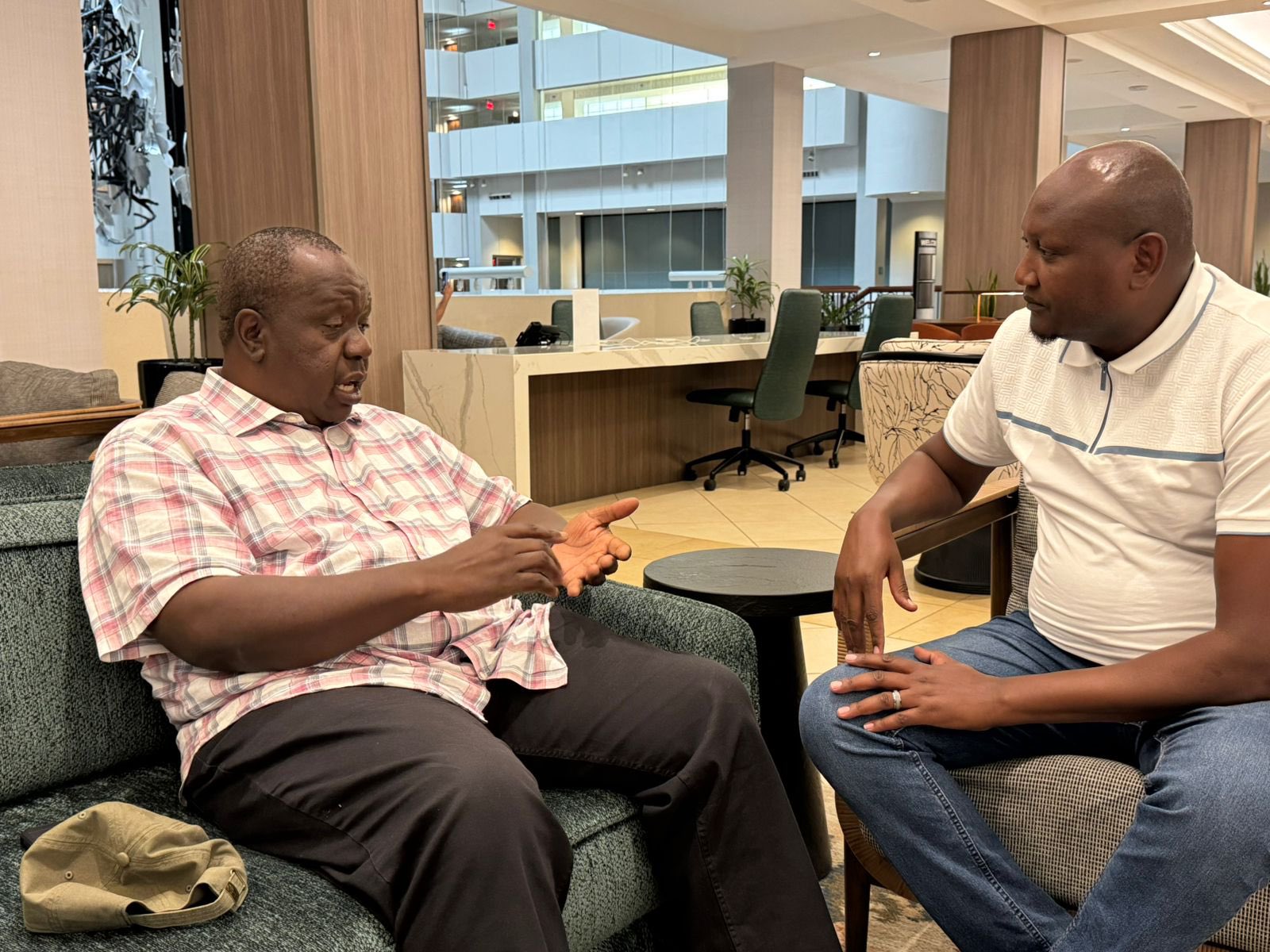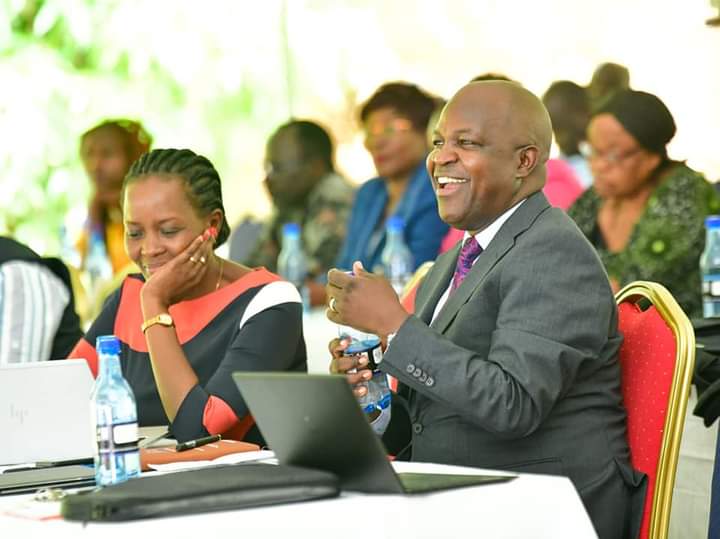At the centre of this dilemma is a political tug-of-war between the United Progressive Alliance (UPA), a regional party with deep roots in Matiang’i’s Gusii heartland, and the Jubilee Party, led by former President Uhuru Kenyatta, which promises national infrastructure and financial muscle.
Sources close to Matiang’i indicate that while he has leaned toward UPA, a party through which Nyamira Governor Amos Nyaribo and several MCAs were elected, he has hesitated to publicly commit. Yet time is fast running out, and the indecision is already causing visible cracks in his nascent campaign machinery.
Leaders from Kisii and Nyamira counties, where UPA enjoys grassroots support, have reportedly warned Matiang’i that unless he flies the UPA flag, he should not expect their support. The implication is clear: regional endorsement hinges squarely on party loyalty. UPA is widely seen as a product of Matiang’i’s own post-cabinet rebranding efforts after returning from a brief political hiatus in the United States.
However, Jubilee has dangled a far more lucrative carrot. Under the patronage of Uhuru Kenyatta, the party has pledged to bankroll Matiang’i’s campaign and mobilise a national campaign network akin to the well-oiled machine that backed Raila Odinga in 2022. But there’s a catch: Jubilee’s support is conditional. Party insiders say any move to contest under UPA will be viewed as a betrayal, and Matiang’i will lose all promised backing.
In effect, Matiang’i faces an impossible choice: embrace UPA and alienate Jubilee’s financial and logistical lifeline, or choose Jubilee and risk being rejected by his ethnic stronghold. The result is a campaign in paralysis, with advisers reportedly split and demoralised.
Adding to the confusion is Uhuru Kenyatta’s telling silence. Despite being the very figure who reportedly persuaded Matiang’i to join the 2027 race, with lofty assurances of support, Kenyatta has not publicly reaffirmed his commitment. Without clear direction from the former president, Matiang’i’s reliance on Jubilee appears increasingly precarious.
This political limbo is particularly dangerous. With the opposition beginning to coalesce around strategic partnerships and coalition-building, Matiang’i risks being sidelined entirely. Should he lose favour with both Jubilee and UPA, he may find himself stranded, unwelcome in either camp, with no clear path to the presidency.
What began as a promising re-entry into politics is quickly morphing into a cautionary tale of indecision and over-reliance on political patrons. With less than two years to go before Kenyans head to the polls, Matiang’i’s window to act decisively is closing. Unless he breaks the deadlock soon, Fred Matiang’i may discover, too late, that in Kenyan politics, failing to choose is, in fact, a choice: the one that leaves you with nothing.
[/full]





